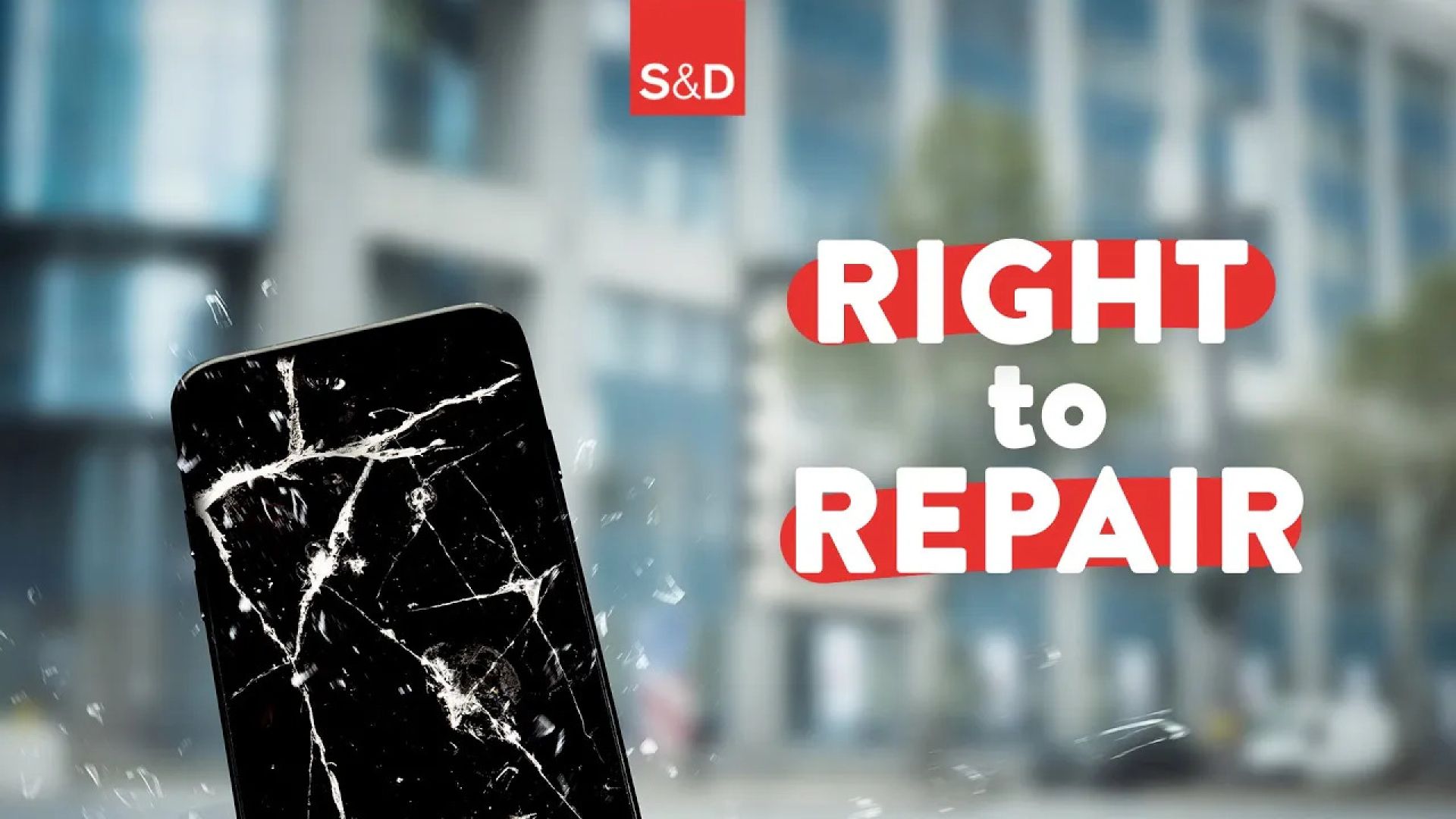Last night, the European Parliament, the EU Council and the Commission reached an agreement on the common rules promoting the repair of goods. The new law sets measures to strengthen the right to repair goods - from vacuum cleaners to smartphones or washing machines - and promote a more sustainable consumption across Europe.
Today, boosting repair and reuse is more necessary than ever: only 20% of all phones and computers are repaired, and the premature disposal of viable consumer goods generates 261 million tonnes of CO2-equivalent emissions.
Key accomplishments of the S&D Group in these negotiations include: enlarging the scope of the right to repair after the expiry of the minimum guarantee period; setting the right incentives for the repair of goods with an additional legal guarantee of twelve months in cases of repair; strengthening repair demand by establishing appropriate incentives at member state level, such as repair vouchers or national repair funds.
René Repasi, S&D MEP and EP rapporteur for the common rules promoting the repair of goods, said:
“Every year, the premature replacement of goods represents a loss of €12 billion in consumers’ pockets. With the exploding cost of living and high inflation, it is more critical than ever to create a real ‘right to repair’ culture to contribute to helping consumers’ save money. The adoption of the new law is a victory.
“Our current consumption model is simply not sustainable: millions of tonnes of waste and greenhouse gas emissions are produced every year. With the new law, we will oblige member states to introduce financial incentives for citizens to firstly go for repair, and consequently trigger savings on greenhouse gas emissions, resources and waste.
“Thanks to the S&Ds, we managed to introduce an extra 12 months extension on a guarantee for repaired products, and ensured access to available spare parts at a reasonable cost, in case of a repair within the legal guarantee.
“Once again, the Socialists and Democrats have shown their commitment to shield consumers’ rights whilst protecting the environment.”
Next steps
The text will be voted on in the European Parliament's committee on internal market and consumer protection (IMCO), and by the European Parliament as a whole during a plenary vote.











